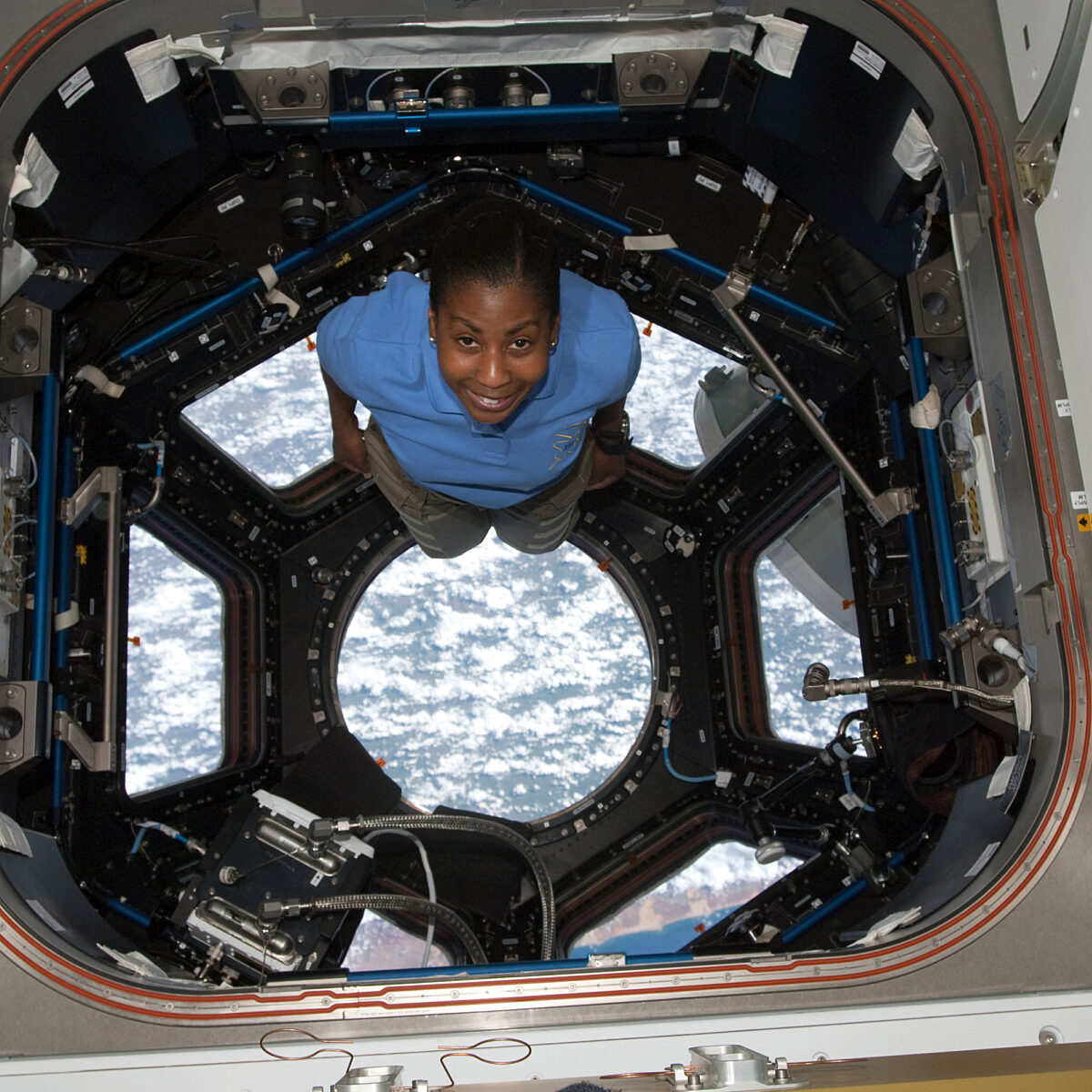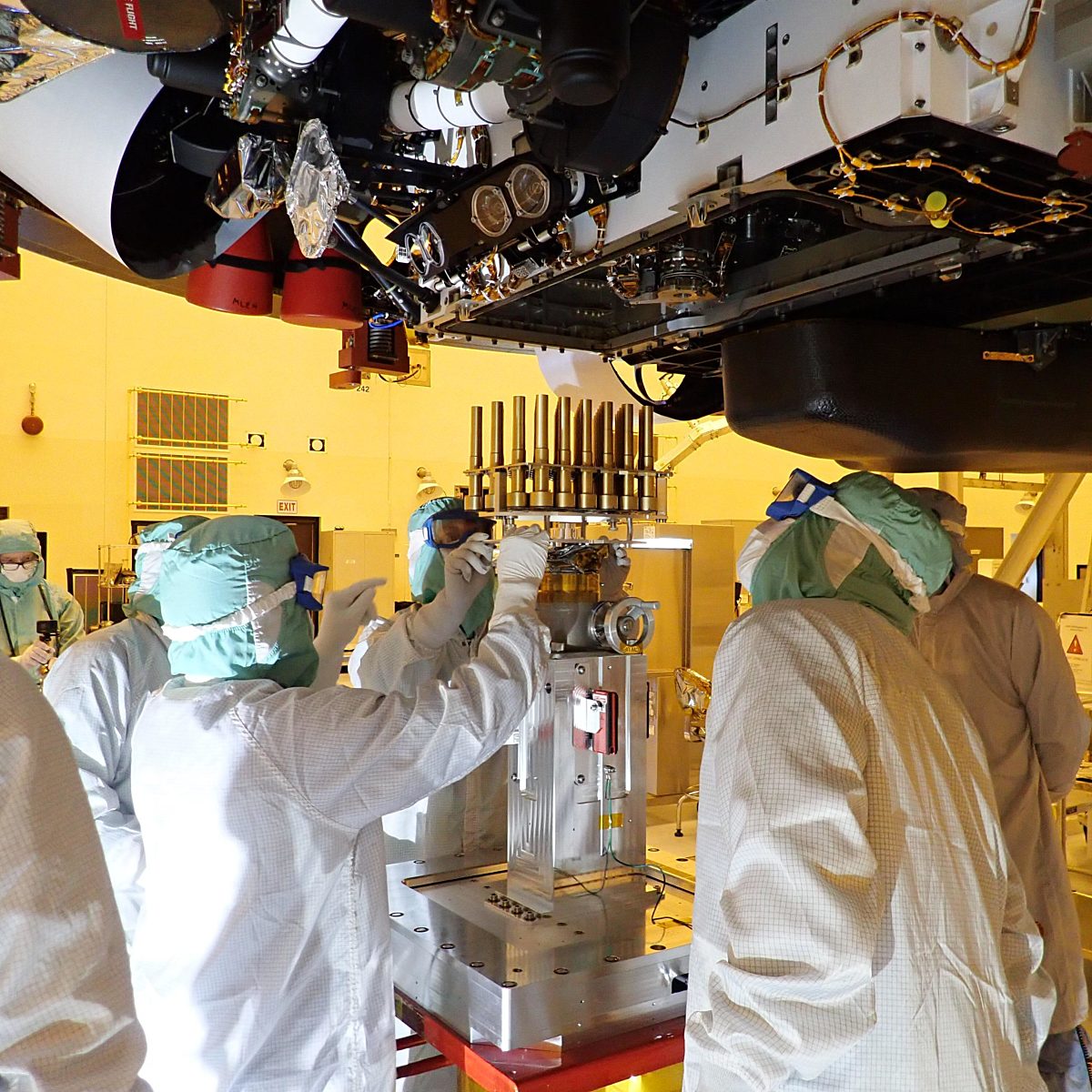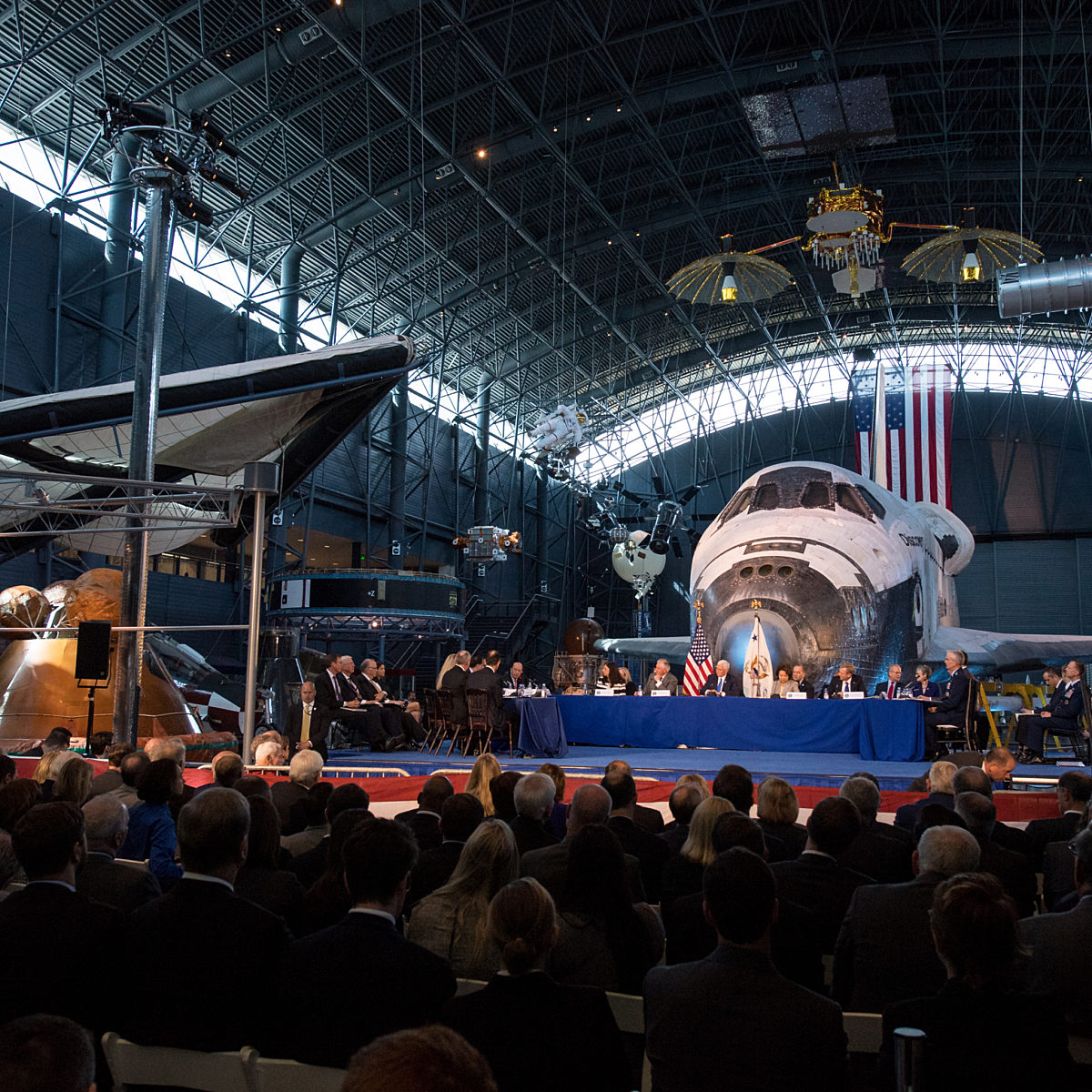Since 2002, Planetary Radio has visited with a scientist, engineer, project manager, advocate, or writer who provides a unique perspective on the quest for knowledge about our Solar System and beyond. The full show archive is available for free.
Search Planetary Radio
Kelly and Zach Weinersmith join Planetary Radio this week to discuss their new book, A City on Mars: Can We Settle Space, Should We Settle Space, and Have We Really Thought This Through?
Planetary Radio, Mat Kaplan, senior communications adviser at The Planetary Society, takes us to the 2023 Humans to Mars Summit in Washington, D.C. We'll share his conversation with three NASA Associate Administrators, Nicola Fox, James Free, and James Reuter about the international, commercial, and robotic collaboration it will take to put the first humans on the Red Planet.
Dr. Erika Nesvold, astrophysicist and author of the new book Off-Earth: Ethical Questions and Quandaries for Living in Outer Space explores the ethical challenges facing our species as it dips its toe into living beyond our home planet.
Mat Kaplan helped host the Humans to Mars Summit in Washington D.C., where much of the community that is working to get us to Mars gathered.
Britain’s Astronomer Royal Martin Rees and science writer Don Goldsmith question the value of putting astronauts in harm’s way at great expense in their new book.
Building the next spacesuit for Moon walkers, and a shipboard update on how the Artemis 1 Orion capsule will be recovered from the Pacific Ocean.
Highlights of the annual gathering of leaders and experts who are building toward humans walking on the Red Planet.
In spite of everything, 2020 was a good year for space exploration according to five of The Planetary Society’s experts.
18 astronauts on the Artemis Team have a shot at walking on the Moon, and Stephanie Wilson is one of them.
NASA’s planetary protection officer joined Mat Kaplan’s Humans to Mars summit panel for a great conversation about protecting worlds throughout the solar system from what could be devastating contamination.
The National Space Council’s Scott Pace talks with Casey Dreier about the current administration’s sweeping new strategy that integrates all elements of space development and exploration.
Are we learning how to keep men and women alive on a 3-year round trip to Mars?
After a special message we present highlights of the successful arrival at the International Space Station of the Crew Dragon spacecraft, followed by a visit to chilly Mars with planetary scientist Edgard Rivera-Valentin.
Philosopher James Schwartz shares his thoughts about the ethics of space exploration, commercialization, and settlement.
Casey and his guest discuss a bill working its way through the US House of Representatives that challenges the Artemis plan adopted by NASA for human exploration of the Moon and Mars.
As NASA struggles to return humans to the Moon by 2024, it's worth asking: why did it stop in the first place? Space historian John Logsdon joins the show to discuss the politics behind the decision to abandon the Moon in 1972. Casey and Mat also discuss the proposal to offer a $2 billion prize for sending humans back to the Moon and establishing a base there, and why that's not good public policy.
Rick Davis is the perfect person to co-lead NASA’s Mars Human Landing Sites Study. No one is more devoted to putting human bootprints on the Red Planet. He returns to Planetary Radio for this inspiring and informative conversation about our progress. Bruce Betts leads off What’s Up with another brief LightSail 2 update. The Planetary Society’s solar sailing cubesat continues to raise its orbit.
Host Mat Kaplan in a long and fascinating conversation with Nicholas de Monchaux, author of Spacesuit: Fashioning Apollo. This great book is about much more than creation of the suits that allowed humans to walk and work on the Moon. Jason Davis shares pointers on looking for LightSail 2 overhead, while Bruce Betts provides a solar sail update in this week’s What’s Up. And you might win a Planetary Radio t-shirt!
Did the public support Project Apollo? Dr. Emily Margolis joins the show to explore the domestic politics and cultural impact of the space age throughout the 1960s. Despite the success of the lunar landings, there was more opposition to Apollo than we generally remember.
Poppy Northcutt was a pioneer—the first woman to work as an engineer in Apollo Mission Control. The program she helped to create got the astronauts back to Earth. Fifty years later, she sits down with Mat Kaplan for a look back.


 Explore Worlds
Explore Worlds Find Life
Find Life Defend Earth
Defend Earth




















